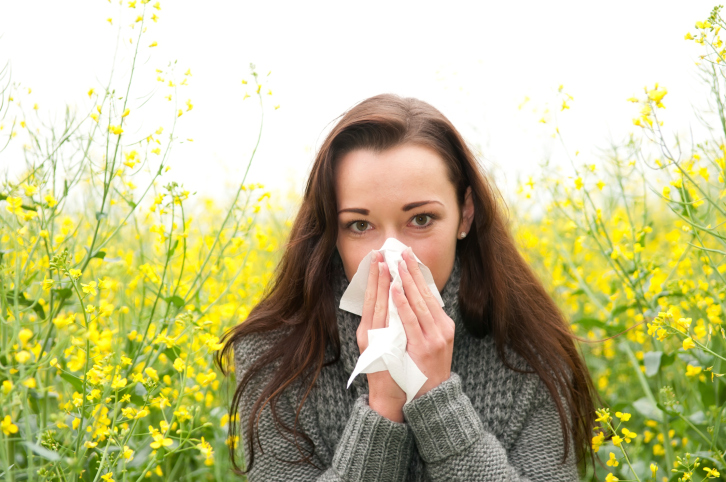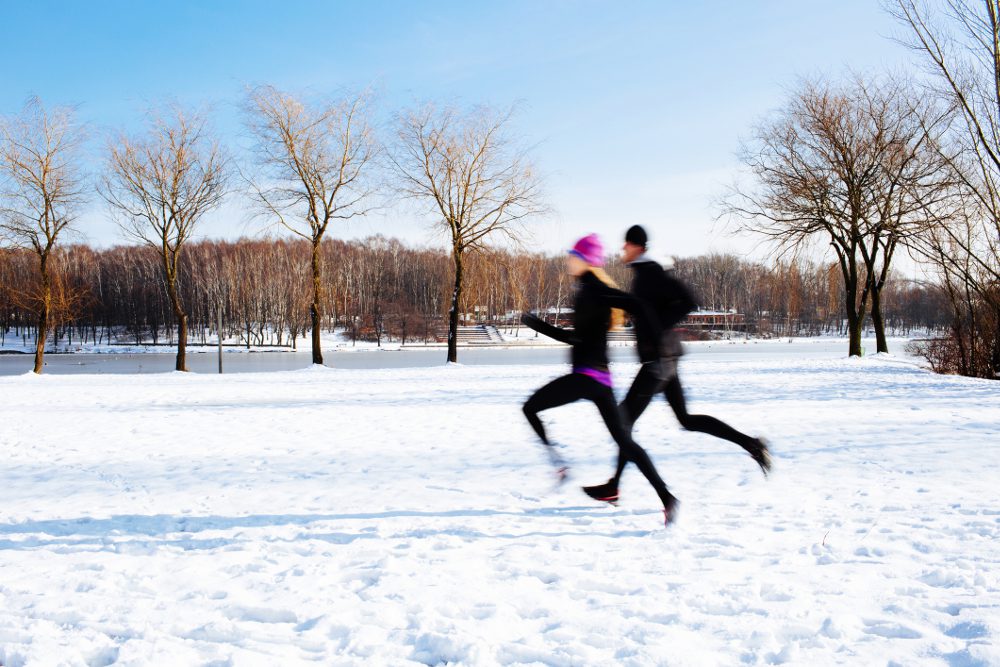Whether you call it the runner’s cough or the track hack, having a cough after a run can be downright annoying. And while this is relatively common and usually not a cause for concern, there are steps you can take to prevent it from happening. Here are six reasons why you might be coughing after your run and ways to deal with the problem.
A runner’s experience with Omicron
Exercise-induced bronchoconstriction
Sometimes the increase in heart rate that occurs when running can cause your lungs to overreact. This can cause your airways to constrict temporarily, which may cause you to cough. According to the American College of Allergy, Asthma, and Immunology (ACAII), this is called exercise-induced bronchoconstriction (EIB).
EIB will usually peak about 10-15 minutes after you finish your run and should resolve on its own within an hour. In addition to coughing, other symptoms of EIB include shortness of breath and chest tightness.
The solution: If this happens to you often, you may want to talk to your doctor about using an inhaler 15-20 minutes before you go for a run. In some cases, a doctor may also prescribe medications that can temporarily open your airways.
Seasonal allergies

Running outside when pollen counts are high can cause sneezing, wheezing, and coughing. If you have asthma and allergies, this reaction can be even worse, but it can happen to runners who don’t usually have seasonal allergy issues.
The solution: If you think the air quality is the reason for your cough, do your best to run at times of the day when the pollen count is lowest, such as early in the morning or late at night. If you’re having trouble, consider running indoors on days with very high pollen counts.
Post-nasal secretions
Postnasal drip is a constant, steady flow of mucus from the back of the sinuses that can irritate your throat and cause you to cough. Running outdoors, especially when it’s cold outside, can make postnatal discharge worse.
The solution: Be sure to drink plenty of water throughout the day, which will help thin out your mucus so it can pass through your nasal cavities more easily. Hot liquids like herbal tea work especially well. Wearing a face covering while you run can also help because it warms the air and adds more moisture to it before you inhale it, which can help reduce mucus.
acid reflux

Laryngopharyngeal reflux occurs when acids from your stomach back up into your throat and cause coughing. Unlike EIB, which tends to go away quickly, this is a chronic, long-term cough.
The solution: Avoid foods that can trigger acid reflux, such as coffee, alcohol, citrus fruits, spicy foods, onions, and tomatoes. In particular, you should avoid these foods several hours before you run to prevent them from returning to you during or after your run.
cold temperature

When you breathe in drier air than what is already inside your body, it can cause a cough. This is common in the winter, when the air tends to be much drier than in the summer months. According to the Cleveland Clinic, breathing dry air can cause your lungs to lose heat, water, or both, which can lead to coughing, wheezing, or feeling short of breath when exercising. .
The solution: As mentioned earlier, wearing a face covering during the winter can help hydrate and warm the air you breathe before it reaches your lungs, which can prevent coughing later on.
Is running in the cold bad for your lungs?
Dysfunction of your vocal cords
In some cases, the problem may be that your vocal cords are not opening properly. This can cause several symptoms, including coughing, wheezing, difficulty breathing at rest, or difficulty breathing during exercise.
The solution: If you think this may be your problem, talk to your doctor who will diagnose and can then treat your symptoms.
 Xoven Agricultor
Xoven Agricultor



